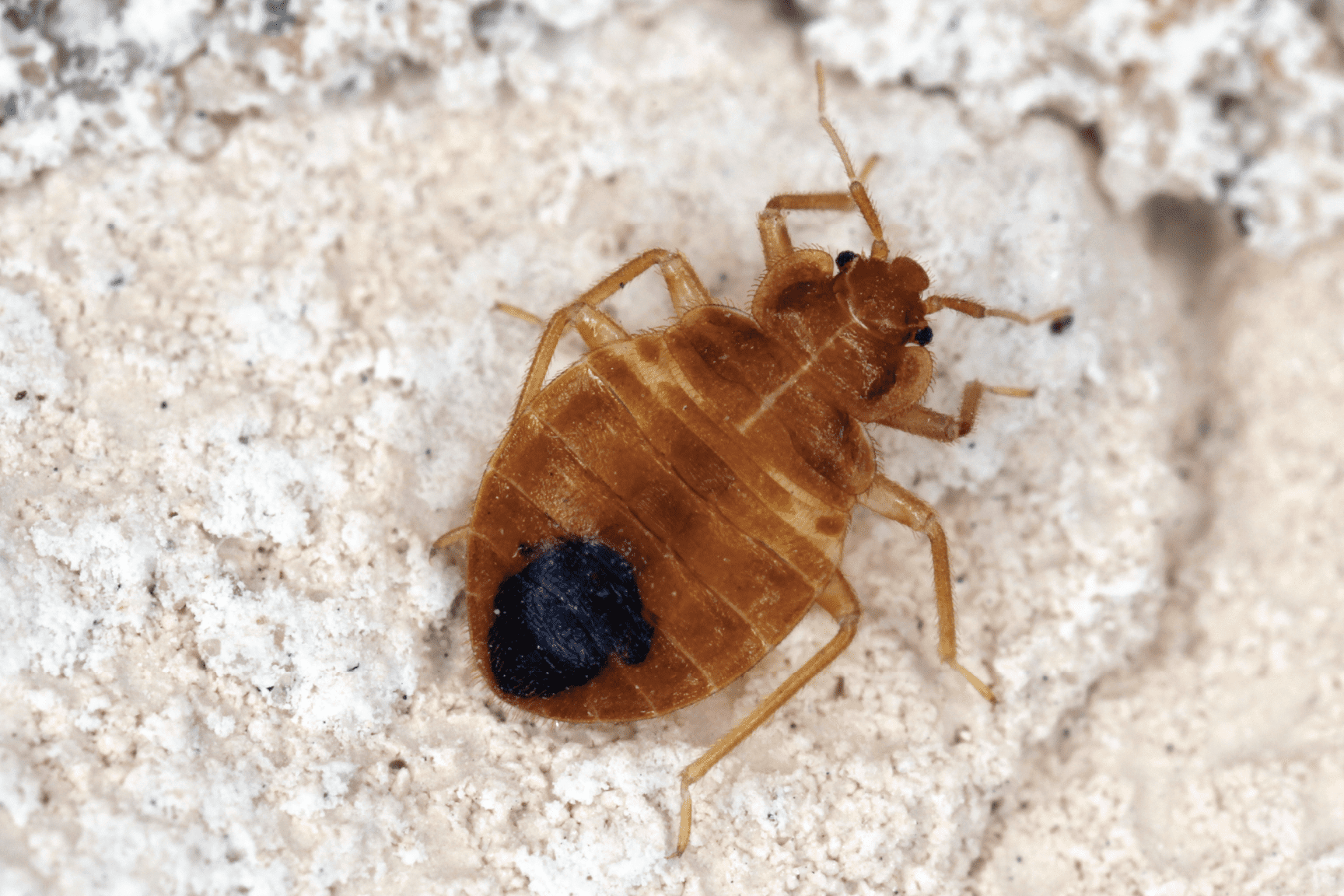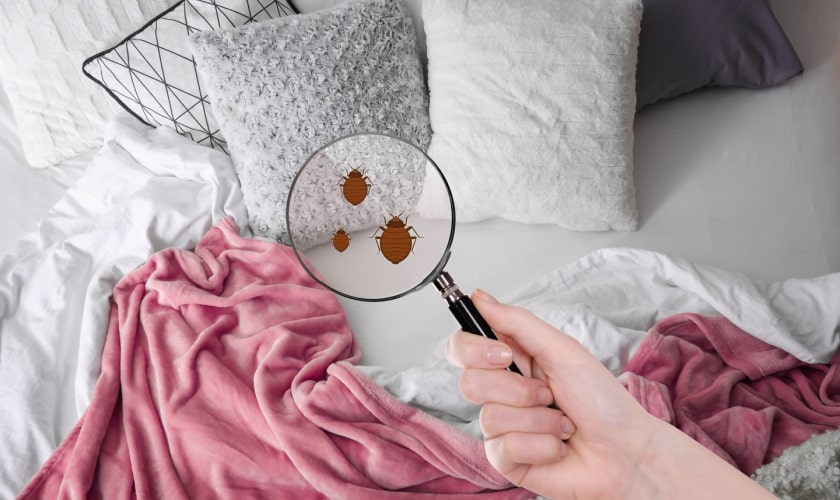Sorts Of Insect Control: Which Technique Is Right for Your Infestation?
When faced with a bug infestation, the option of a suitable method for parasite control is essential in effectively managing the scenario. By discovering the different kinds of parasite control techniques offered, people can make enlightened choices customized to their unique situations, making certain a much more lasting and reliable end result in bug removal.
Chemical Insect Control
Chemical insect control entails using artificial or normally acquired chemicals to take care of and remove pest populations properly. This method is commonly used in farming, forestry, and residential setups to deal with a vast array of insects, consisting of bugs, rodents, and weeds. The use of chemical pesticides can offer fast and targeted solutions to pest infestations, making it a popular selection for lots of individuals and organizations.
Among the vital benefits of chemical parasite control is its capability to promptly eliminate pests, minimizing the danger of damages to crops, building, and human health. By utilizing specific chemicals that target specific parasites, this technique can properly regulate problems while decreasing injury to advantageous microorganisms and the atmosphere when applied properly.
However, using chemical insect control likewise increases worries about potential negative results on non-target varieties, water sources, and human wellness. It is vital to comply with security guidelines, use chemicals sensibly, and think about alternative bug control approaches to lessen these risks and guarantee sustainable pest administration practices.
Organic Bug Control
Organic insect control, also referred to as biocontrol, uses living microorganisms to lower and manage insect populaces normally. This approach harnesses the power of nature to control bugs without the demand for synthetic chemicals. Biocontrol can involve the intro of all-natural adversaries of the bug species, such as bloodsuckers, killers, or pathogens, to suppress insect populations. By utilizing the parasite's natural predators or pathogens, organic bug control supplies a eco-friendly and sustainable option to pest management.

Mechanical Parasite Control
Utilizing manual and physical approaches to manage pest populaces, mechanical bug control provides an alternative technique that does not rely upon the usage of living microorganisms or synthetic chemicals. This approach involves using obstacles, traps, or other gadgets to physically hinder or get rid of bugs. By obstructing parasite access points or establishing up traps to capture them, mechanical bug control can successfully reduce invasions without presenting chemicals into the setting.
One typical example of mechanical insect control is the use of mesh screens on doors and home windows to stop bugs from getting original site in buildings. This straightforward yet effective approach works as a physical barrier, keeping bugs out while permitting appropriate ventilation. In addition, gadgets like mousetraps, fly swatters, and ultrasonic repellents drop under the mechanical pest control category.
While mechanical pop over here bug control techniques can be labor-intensive and need normal tracking and upkeep, they use a eco pleasant and lasting solution for taking care of insect problems. By incorporating different mechanical techniques, home owners can create an extensive pest control technique that lessens reliance on chemical pesticides.
Physical Parasite Control

Some usual physical insect control techniques consist of making use of barriers such as webs or screens to avoid parasite entry, traps to record and remove insects, and hand-picking to literally get rid of insects from plants or structures. Additionally, strategies like warm therapies can be made use of to regulate insects like bed pests by increasing the temperature level to degrees that are deadly to the insects.
Physical parasite control is particularly helpful in integrated parasite administration (IPM) methods, where multiple bug control methods are incorporated for effective parasite administration while minimizing making use of chemicals. By making use of physical insect control techniques, individuals can effectively address bug invasions with very little ecological influence.
Integrated Parasite Monitoring
When carrying out physical parasite control techniques as part of pest management strategies, Integrated Parasite Administration (IPM) becomes a detailed strategy that leverages different methods to properly manage pest populations. IPM focuses on long-lasting prevention of pests with a mix of organic, social, physical, and chemical tools customized to particular pest issues. By integrating numerous control methods, IPM intends to minimize the risks associated with parasites while additionally decreasing dependence on chemical services.
One key element of IPM is the focus on surveillance and analyzing pest populaces to establish one of the most appropriate control approaches. This positive strategy allows for early treatment and targeted techniques, resulting in a lot more effective parasite administration. In addition, IPM advertises environmentally pleasant methods by focusing on non-chemical control browse around here methods and just utilizing chemicals as a last resort.
Conclusion

By utilizing the pest's natural predators or virus, biological parasite control offers a sustainable and ecologically friendly option to pest management. - Kings Bed bug exterminator Cincinnati
Making use of manual and physical approaches to take care of pest populaces, mechanical pest control supplies an alternative method that does not rely on the usage of living microorganisms or synthetic chemicals.A reliable method to handling insect populaces without relying on chemical or organic methods entails the use of physical insect control techniques.When applying physical insect control techniques as part of parasite administration approaches, Integrated Parasite Management (IPM) emerges as a detailed technique that leverages various methods to successfully manage pest populaces. Chemical bug control involves the use of chemicals, organic insect control makes use of all-natural killers, mechanical bug control involves physical barriers, physical parasite control consists of trapping or removing insects, and incorporated insect management combines numerous methods for an alternative strategy to pest control.